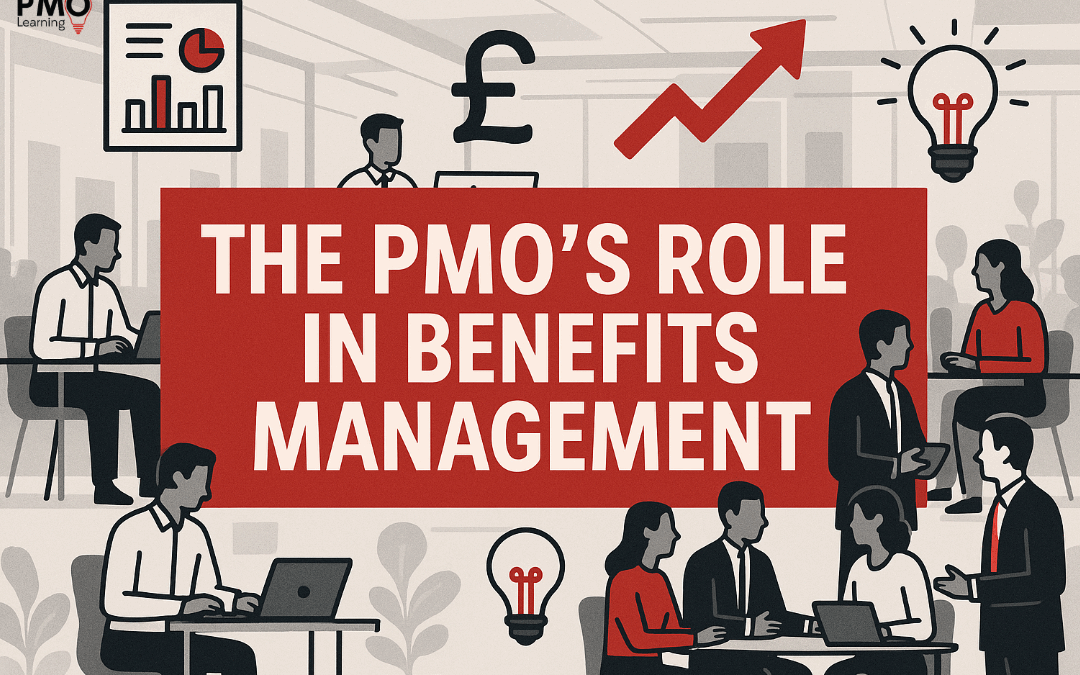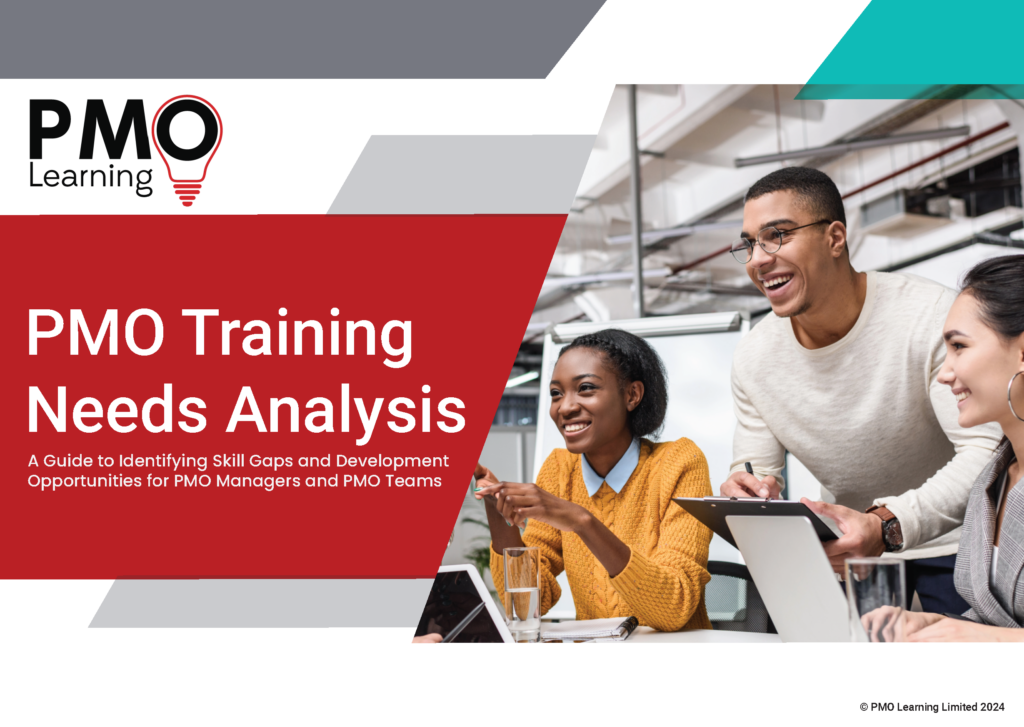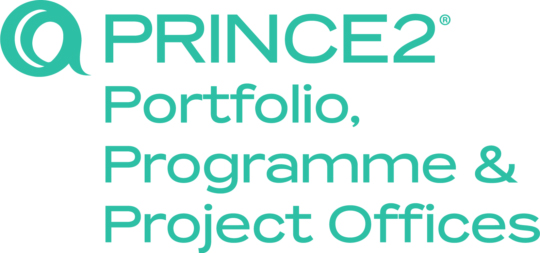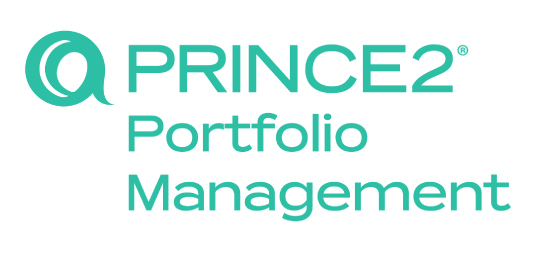Projects and programmes are ultimately judged not just by whether they finish on schedule or within budget, but by the value they create for the business. This value, often described as benefits, can take many forms: financial savings, improved efficiency, enhanced customer experience, or strengthened compliance. Managing these benefits in a structured way is what we call Benefits Management.
While sponsors and delivery teams focus on achieving outcomes, the PMO plays a central role in ensuring that benefits are identified, measured, and realised consistently across the organisation. Far from being a purely administrative function, the PMO provides the structure, governance, and insight that help turn project outputs into meaningful business results.
PMO Roles That Specialise in Benefits Management
Benefits Management isn’t the responsibility of a single role; it is a shared discipline across different levels of the PMO. Each role contributes in a unique way:
- PMO Administrators – Maintain benefits registers, update tracking tools, and provide accurate reporting. They ensure information is consistent and accessible.
- PMO Analysts – Go deeper into the data, identifying patterns, risks, and opportunities in benefits delivery. Analysts support decision-making by showing whether benefits are likely to be realised.
- PMO Managers – Define and embed the frameworks, processes, and governance models that make Benefits Management repeatable and reliable. Their role is to ensure benefits are not only tracked but also aligned with organisational goals.
- PMO Directors – Operate at the strategic level, ensuring that benefits realisation is front of mind in portfolio decisions. They provide assurance to executives that investments are delivering the value promised.
- Specialist Roles (e.g., Benefits Realisation Managers, Business Change Managers) – In more mature PMOs, dedicated roles may exist to actively plan and deliver benefits in close partnership with business stakeholders. These include:
- Benefits Realisation Managers – Oversee the full benefits lifecycle, from defining benefits and setting success measures to monitoring delivery and post-project performance.
- Business Change Managers – Focus on adoption and behavioural change, ensuring that outputs translate into embedded ways of working and sustained performance improvements.
- Portfolio Benefits Leads – Provide a cross-programme perspective, mapping and aligning benefits across initiatives to avoid duplication, manage dependencies, and reinforce strategic alignment.
- Measurement & Analytics Specialists – Design and validate KPIs and metrics, ensuring that benefits data is robust, meaningful, and actionable.
- Stakeholder Engagement Leads – Drive communication and buy-in, making sure everyone involved understands their role in delivering and sustaining benefits.
Together, these specialist roles act as a bridge between project delivery and business value, ensuring that benefits are not just captured on paper but realised in practice. Their presence reflects a higher level of PMO maturity, where benefits management is a proactive driver of organisational performance.
How PMO Maturity Shapes Benefits Management
The way a PMO approaches Benefits Management often reflects its stage of maturity. As PMOs grow, their ability to influence benefits realisation evolves:
- Early-stage PMOs – Focus mainly on capturing benefits in registers and producing reports. At this level, PMO Administrators and Analysts play a central role, providing visibility but having limited influence over whether benefits are achieved.
- Developing PMOs – Move beyond tracking to include techniques such as benefits mapping, profiling, and monitoring during delivery. Specialist roles, such as Business Change Managers or Measurement Specialists, often begin to emerge here, helping to embed benefits into day-to-day decision-making.
- Strategic PMOs – Integrate benefits into portfolio management and investment decisions, ensuring that every initiative links directly to organisational strategy. At this level, Portfolio Benefits Leads and Benefits Realisation Managers become essential, providing senior leaders with assurance that benefits are delivered and sustained over time.
By tying the maturity journey to both general PMO roles and specialist expertise, organisations can see how building capability step by step makes Benefits Management more than a reporting exercise, it becomes a strategic driver of value.
Why Benefits Management Skills Matter
As organisations continue to seek value from their projects, the ability to deliver real, measurable benefits has become essential. PMO professionals who can support and lead in this area brings a competitive edge, helping their organisations maximise returns from change initiatives.
This is where the PMO Learning course, Benefits Management and the Role of the PMO, is particularly valuable. Over two days, the workshop covers:
- The full Benefits Management Lifecycle: identification, evaluation, planning, realisation, and review.
- The tools, techniques, and deliverables that support each stage.
- The roles and responsibilities of PMO professionals in enabling benefits realisation.
- Practical challenges of embedding Benefits Management and strategies for overcoming them.
- How to create a roadmap for implementing Benefits Management tailored to different PMO services and contexts.
For PMO professionals, whether Administrators, Analysts, Managers, or Directors, understanding and supporting Benefits Management is no longer optional. It is at the heart of proving that projects and programmes make a real difference.
The Benefits Management and the Role of the PMO course provides the knowledge and practical approaches needed to move beyond reporting outputs and into supporting outcomes. For PMOs looking to grow their maturity and impact, this is a vital step in the journey.
Enjoying Our Blog?
Sign up and receive all our articles (we’ll send you an update once a week!) plus special offers and events:
